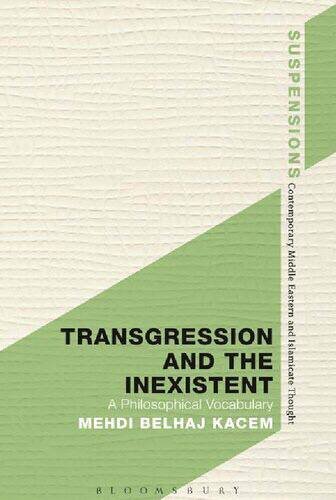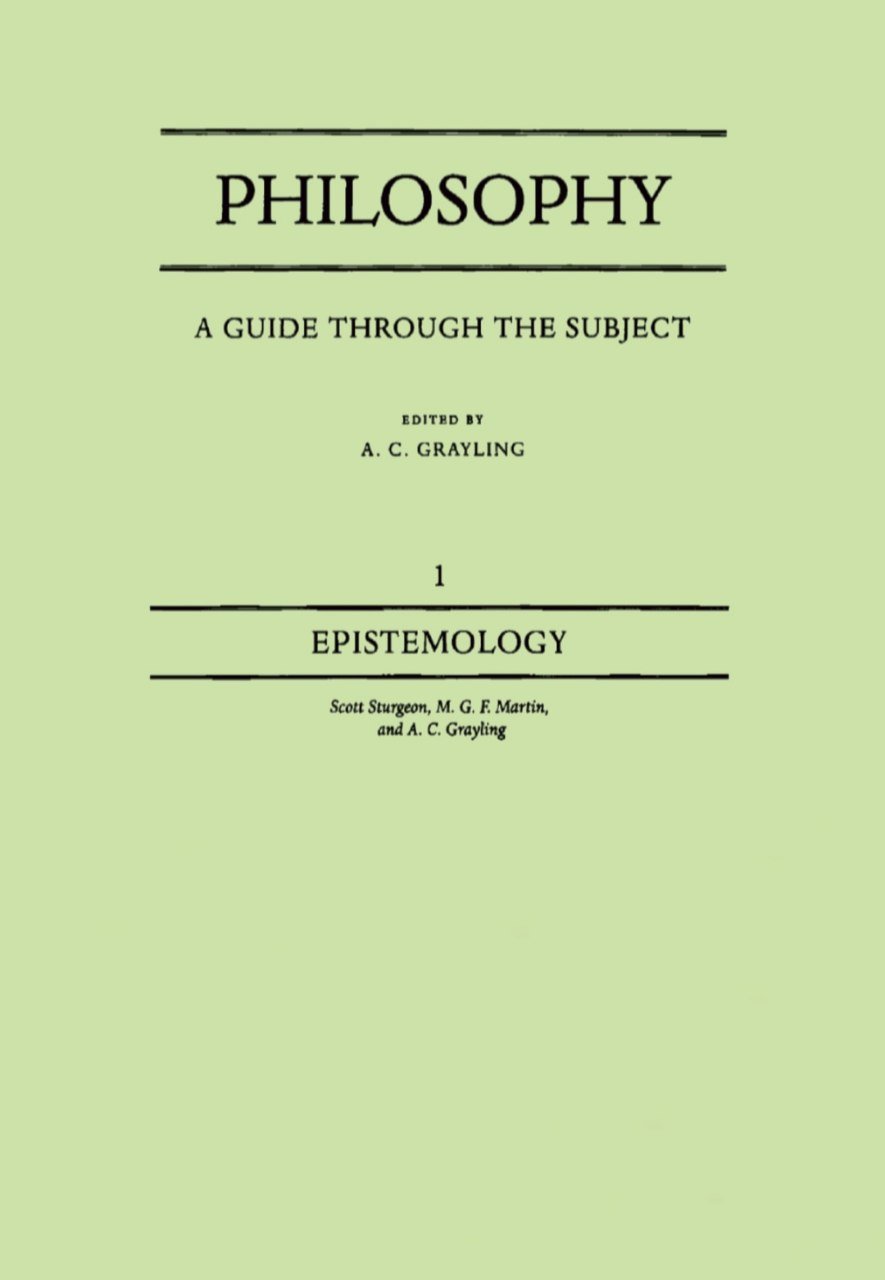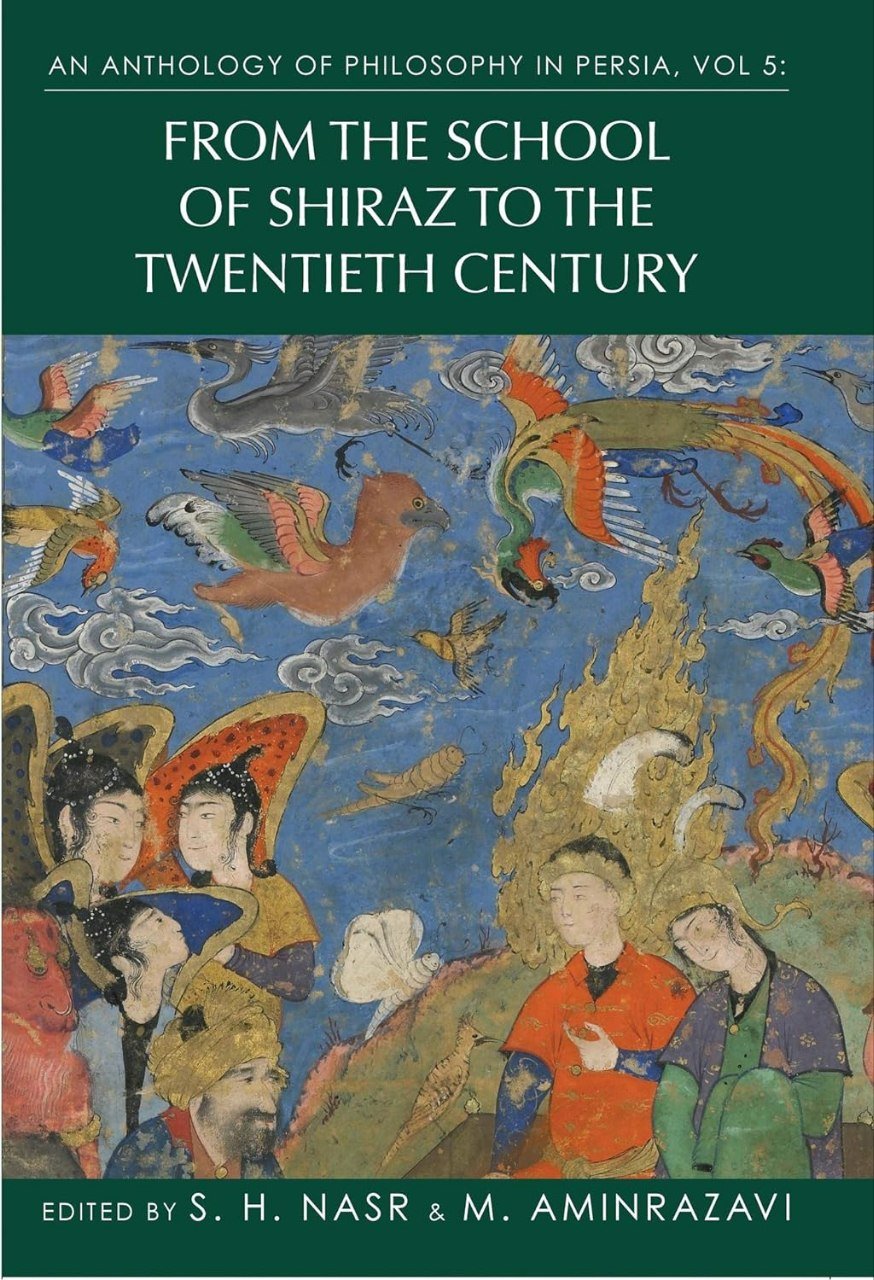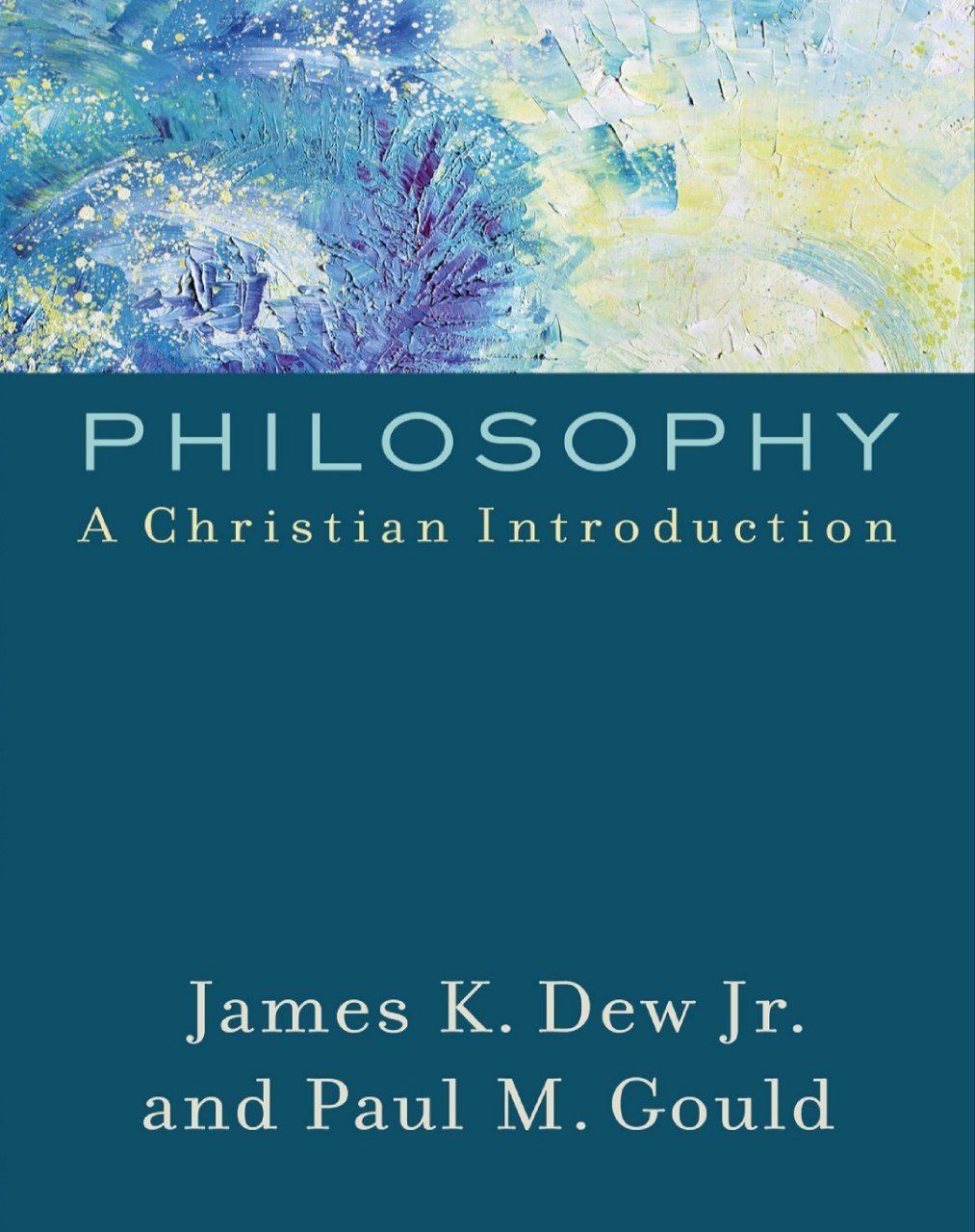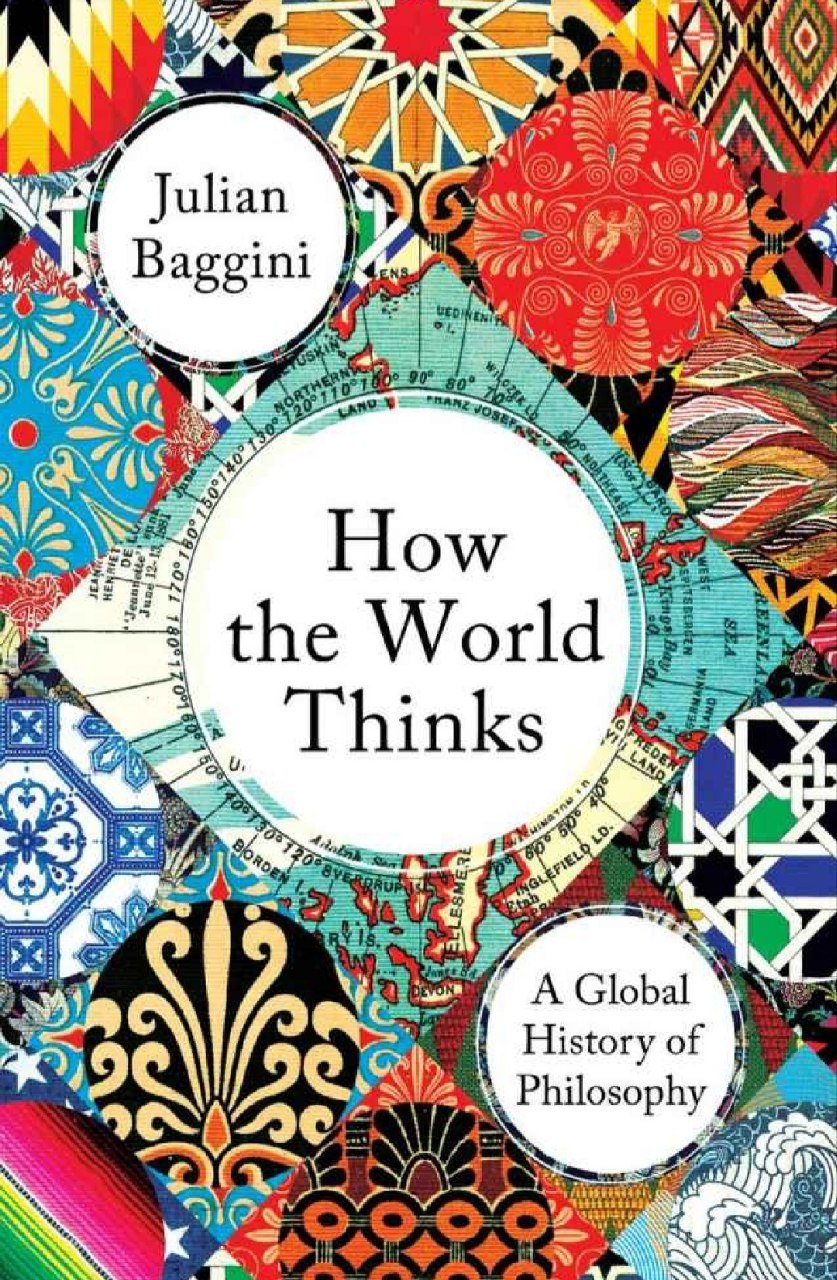

Nietzsche’s Critiques: The Kantian Foundations of His Thought
Reviews
No review yet. Be the first to review this book!
Description
Nietzsche’s Critiques: The Kantian Foundations of His Thought by R. Kevin Hill offers a provocative and deeply scholarly reexamination of Friedrich Nietzsche's philosophical development, positioning Immanuel Kant as a central, though often underappreciated, influence on Nietzsche’s work. Hill argues that contrary to the traditional portrayal of Nietzsche as an anti-systematic, radically anti-Kantian thinker, much of Nietzsche’s philosophical project is fundamentally a critical response to Kantian epistemology, ethics, and aesthetics. The book meticulously traces how Nietzsche appropriated, transformed, and at times subverted key Kantian ideas, particularly Kant’s critical method, his theory of the limits of reason, and his understanding of the self’s relation to truth and morality. Hill demonstrates that Nietzsche shared with Kant a suspicion of metaphysical claims and a deep concern with the conditions of human cognition and judgment. However, where Kant sought to delineate the boundaries of knowledge in order to secure moral freedom and dignity, Nietzsche extended this critique to challenge the moral ideals that Kant sought to protect. Nietzsche’s genealogical method, his perspectivism, and his critique of morality, Hill contends, are informed by a rigorous engagement with Kant’s project, especially his moral philosophy and theory of autonomy. Hill also explores Nietzsche’s response to Kantian aesthetics, particularly in Nietzsche’s early works such as The Birth of Tragedy, where the relationship between the Apollonian and Dionysian can be read as a radical reinterpretation of Kant’s theory of the sublime. Ultimately, Nietzsche’s Critiques presents Nietzsche not as a thinker who abandoned critique but as one who radicalized it. Hill’s study not only challenges longstanding assumptions about Nietzsche’s philosophical lineage but also offers fresh insight into his enduring significance for contemporary philosophy. By restoring the Kantian dimension of Nietzsche’s work, Hill opens new avenues for understanding Nietzsche’s critique of truth, morality, and modernity, and how these critiques remain grounded in a philosophical tradition of rigorous critique.





























.jpg)


.jpg)



.jpeg)







.jpg)

.jpeg)


.jpg)
.png)


.jpeg)
.jpg)








.jpg)




.jpeg)







.jpeg)








.jpg)



.jpg)













